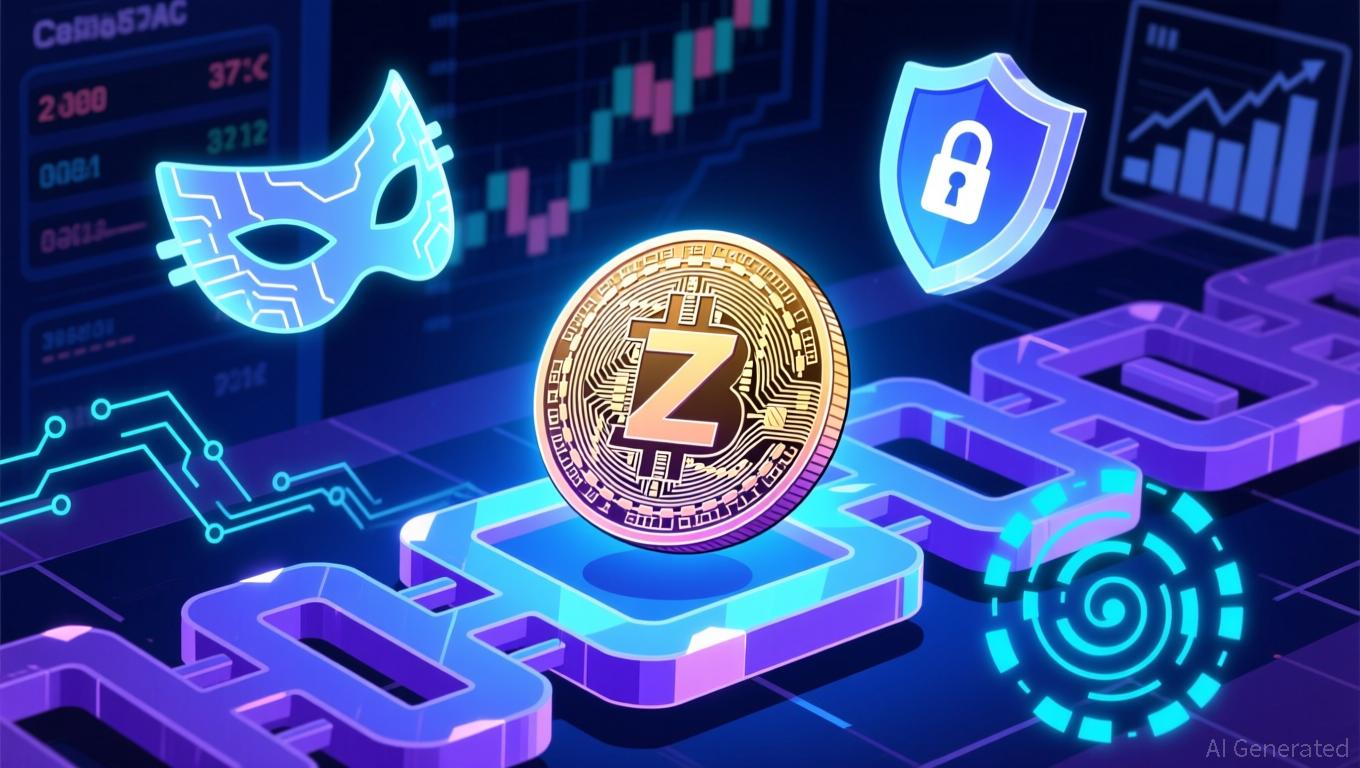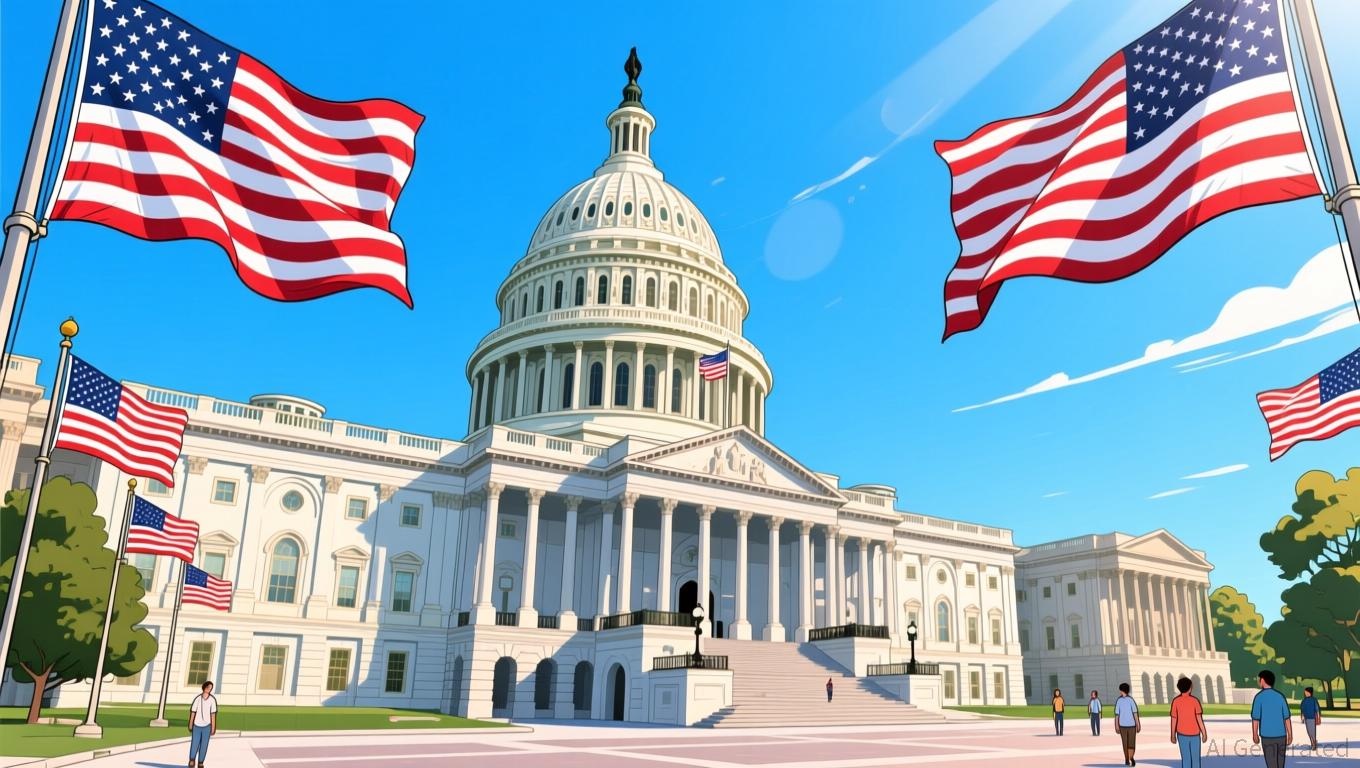Bitcoin Updates: El Salvador Challenges IMF with $100 Million Bitcoin Purchase, Igniting Worldwide Discussion
- El Salvador spent $100M to buy 1,098 BTC, defying IMF restrictions under its $1.4B loan agreement. - The purchase aims to diversify reserves and reduce U.S. dollar dependency amid market volatility. - Only 8.1% of Salvadorans use Bitcoin now (vs. 25.7% in 2021), while reserves lost $45M in value by 2023. - The move sparks global debate on crypto's role in central banking and emerging markets' financial strategies.
El Salvador has completed its biggest
The timing of this acquisition highlights El Salvador’s calculated approach to digital currencies. By buying Bitcoin during a price slump—when values fell below $90,000—the administration seeks to broaden its national reserves and lessen dependence on the U.S. dollar. Since making Bitcoin legal tender in 2021, El Salvador has promoted the cryptocurrency as a means to achieve financial independence and modernize its economy. Still, the IMF has criticized this strategy, having
The government’s decision to go against IMF conditions has stirred controversy. Officials have argued that the recent transaction was simply a consolidation of internal wallets, not a fresh market buy, but the Bitcoin Office’s public announcement suggests otherwise. Stacy Herbert, who leads the Bitcoin Office, has previously stated that El Salvador will keep building its Bitcoin reserves “regardless of outside pressure,” with every transaction permanently logged on the blockchain. This position is at odds with comments from two top finance officials in July, who said the country had stopped buying Bitcoin in line with the IMF agreement.
El Salvador’s bold Bitcoin initiative has produced mixed outcomes. While initially celebrated as groundbreaking, the 2021 decision to make Bitcoin legal tender has not led to widespread use among citizens or businesses. A 2024 survey showed that just 8.1% of Salvadorans used Bitcoin for payments, a drop from 25.7% in 2021. On top of that, the government’s Bitcoin holdings have taken a hit from market swings, losing about $45 million in value by September 2023. Despite these setbacks, Bukele remains optimistic, recently posting that the country’s “Bitcoin purchases will continue.”
This latest acquisition also points to larger effects on the global financial landscape. As the first country to adopt Bitcoin as official currency, El Salvador’s actions shape how other nations perceive digital assets as reserve options. The government maintains that its early adoption could improve remittance processes, draw crypto-focused tourists, and drive financial innovation. However, critics caution that Bitcoin’s price volatility could threaten El Salvador’s fiscal health, especially given ongoing economic challenges and reliance on IMF assistance.
Experts are split on the consequences of El Salvador’s approach. While the purchase could boost confidence in crypto by showing sovereign interest, it also raises questions about transparency in custody, funding, and average acquisition costs. The move has revived discussions about digital assets’ place in central banking, with El Salvador’s experience offering a real-world example for developing countries considering Bitcoin adoption.
Disclaimer: The content of this article solely reflects the author's opinion and does not represent the platform in any capacity. This article is not intended to serve as a reference for making investment decisions.
You may also like
Bitcoin Updates: Chicago Bitcoin ATM Sales—Expansion Plan or Result of DOJ Actions?
- Chicago-based Bitcoin ATM operator Crypto Dispensers explores a $100M sale amid federal money laundering charges against founder Firas Isa. - DOJ alleges the company processed $10M in illicit funds via ATMs, converting cash to crypto through untraceable wallets despite KYC obligations. - The firm shifts to software operations since 2020, citing rising compliance costs and fraud risks amid broader crypto market turbulence. - Isa faces up to 20 years in prison if convicted, while DOJ’s enforcement signals

Zcash News Today: Zcash's Rise in Privacy Poses a Challenge to Bitcoin's Reign of Transparency
- Zcash (ZEC) surged 150% in 30 days, outperforming crypto markets amid Cypherpunk's $18M ZEC investment boosting its $150M holdings. - Institutional demand for privacy coins like ZEC, Monero, and Dash grows as Zcash's 1.43% supply control tightens liquidity and drives $670+ prices. - Technical analysts project 40%+ gains if ZEC breaks $690, with Arthur Hayes predicting $1,000 potential, contrasting Bitcoin's $88k slump. - Zcash's November 2025 halving and privacy-focused narrative challenge Bitcoin's tran

YFI Declines 49.94% Over the Past Year as Overall Market Faces Downturn
- YFI fell 0.15% in 24 hours to $4006, with 49.94% annual decline amid broader crypto market downturn. - Yearn.finance lacks project updates or governance changes to drive price recovery since November 2025. - Token remains vulnerable to macroeconomic shifts and geopolitical risks affecting risk-on/risk-off investor behavior. - Analysts expect continued consolidation until on-chain metrics show ecosystem improvements or external market confidence rebounds.

Bessent: Raising the Debt Ceiling by July Is Essential to Prevent Market Turmoil
- US Treasury Secretary Bessent reiterated the economy is not at recession risk despite fiscal debates and market volatility. - He warned the debt ceiling must rise by July 2025 to avoid default, stressing "full faith and credit" is non-negotiable. - Corporate resilience (e.g., Ross Stores' strong earnings) contrasts with Fed policymakers' split on rate cuts amid inflation concerns. - Trump's $2,000 "tariff dividend" proposal faces congressional hurdles, with Bessent acknowledging it requires legislative a
